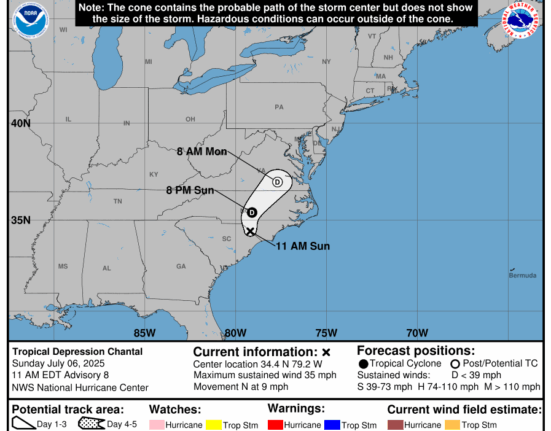Despite its proven benefits, the pilot program in Tasmania that involved GPs working in outpatient clinics was abruptly ended, leaving Tasmanian doctors disappointed and puzzled. Launched in 2022, the initiative aimed to reduce waitlists for general practice by employing specialist GPs on short-term contracts to explore innovative ways of enhancing healthcare accessibility.
The sudden termination of the program raised eyebrows not only due to its cancellation but also because of the lack of a clear explanation for its premature end. Dr. Tim Jones, one of the participating GPs, shared his surprise at receiving an email informing him that his contract would not be extended beyond its expiration date, with just three weeks remaining on his term.
“I had about three weeks left to run on my contract when I received an email stating that it would not be continued… The lack of explanation shocked many of us who were part of the program,”
Dr. Jones revealed. He highlighted how the pilot had significantly improved efficiency in outpatient clinic appointments by reducing waiting times and streamlining patient consultations.
Dr. Jones recounted his experience working in paediatrics within the program, where he successfully managed over 200 patients and dramatically slashed the average appointment wait time from three years to less than four months. Moreover, under the new methods implemented during the pilot, patients required fewer visits – dropping from up to five visits to less than 1.5 – to address their health concerns effectively.
The unexpected halt of the pilot initiative has left healthcare professionals like Dr. Jones questioning not only its discontinuation but also its implications on broader healthcare reforms in Tasmania. The decision comes at a perplexing time considering the government’s plans to align with other states in extending ADHD care within general practice settings.
Expressing concern over this setback in collaborative medical care efforts, Dr. Jones remarked,
“It takes us a step backwards…Clinics and GPs need to work closely together.”
He emphasized that focusing solely on expanding ADHD services overlooks other critical areas where specialized GPs were making substantial contributions towards improving overall healthcare effectiveness and efficiency.
Reflecting on how this move could impact patient care quality and waiting times across various hospital clinics statewide, Dr. Jones expressed empathy for his colleagues continuing their work under strained conditions post-pilot program termination. The sudden shift away from such initiatives raises doubts about ongoing efforts to enhance healthcare delivery and underscores potential challenges faced by dedicated healthcare providers striving for better patient outcomes amid evolving healthcare landscapes.
In conclusion, as stakeholders evaluate these developments and navigate future healthcare strategies, it remains crucial to consider how collaborative initiatives like Tassie’s GP pilot program play a vital role in shaping more efficient and patient-centered care paradigms within modern healthcare systems.









Leave feedback about this